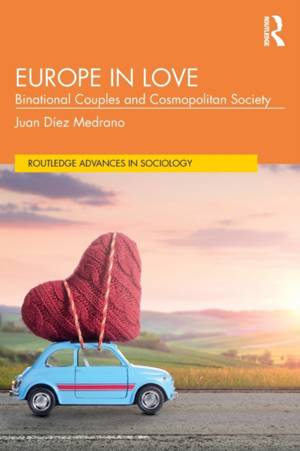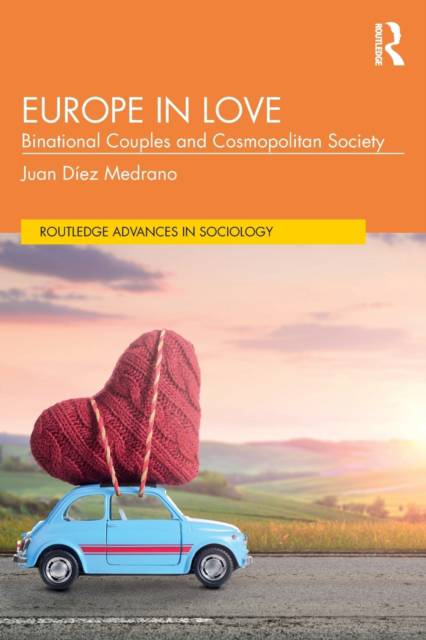
- Afhalen na 1 uur in een winkel met voorraad
- Gratis thuislevering in België vanaf € 30
- Ruim aanbod met 7 miljoen producten
- Afhalen na 1 uur in een winkel met voorraad
- Gratis thuislevering in België vanaf € 30
- Ruim aanbod met 7 miljoen producten
Omschrijving
Inter-marriage both reflects and brings social change. This book draws on a unique survey of randomly selected samples of national and European binational couples to demonstrate that the latter are core cells of a future European society.
Unrestricted freedom of movement has enabled a rise in the number of lower-class and middle-class binational couples among Europeans. Euro-couples fully integrate in their host cities but secure less support in solving everyday problems than do national ones, partly because of a relatively small network of relatives living close-by. Embeddedness in a dense international network and a cosmopolitan outlook also distinguish them from national couples. The book challenges the view of cosmopolitanism as exclusively middle-class and highlights contrasts between lower-class and middle-class binational couples. Furthermore, it shows that social cosmopolitanism among binational couples is not matched by a commensurate weaker national identification that would enhance support to a more federal Europe.
This book is primarily addressed to the general public interested in contemporary European society and to academics interested in inter-marriage. Since the chapters are quasi stand-alone pieces devoted to specific topics, it provides suitable reading material for social stratification, social networks, civil society, popular culture, and European integration undergraduate and graduate courses.
Specificaties
Betrokkenen
- Auteur(s):
- Uitgeverij:
Inhoud
- Aantal bladzijden:
- 224
- Taal:
- Engels
- Reeks:
Eigenschappen
- Productcode (EAN):
- 9780367478575
- Verschijningsdatum:
- 27/05/2020
- Uitvoering:
- Paperback
- Formaat:
- Trade paperback (VS)
- Afmetingen:
- 156 mm x 234 mm
- Gewicht:
- 344 g

Alleen bij Standaard Boekhandel
Beoordelingen
We publiceren alleen reviews die voldoen aan de voorwaarden voor reviews. Bekijk onze voorwaarden voor reviews.











